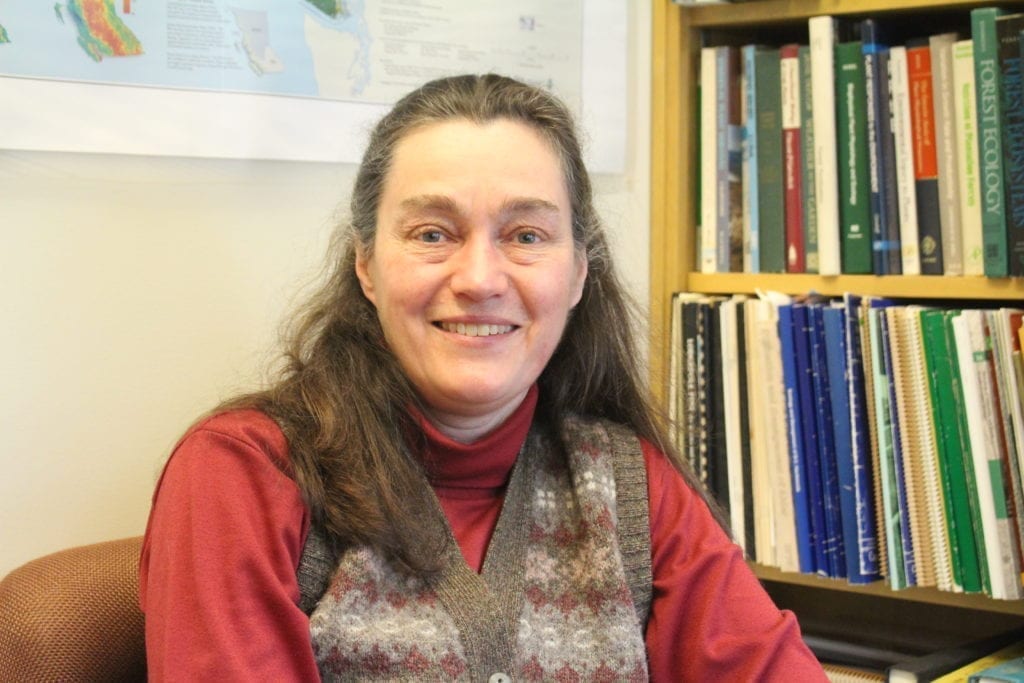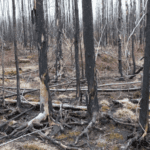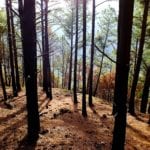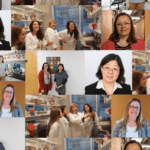Dr. Barbara Hawkins has always been interested in plants and botany. She garnered a love of plants and growing things with the help of her mother and many outdoor camping and hiking trips. “I loved being outdoors,” she said.
Hawkins is now Chair of University of Victoria’s biology department—the first woman to hold this position. She was also the first female doctoral student at the School of Forestry at the University of Canterbury in Christchurch, New Zealand.
Her academic career started at the School of Forestry at the University of British Columbia (B.C.). Shortly after, she went to work for a small forest company in northern B.C. “I graduated in the 1980s when there was a downturn in forestry and there weren’t many jobs,” said Hawkins. “I was one of the lucky few to get a job out of university.”
Hawkins said that her time in northern B.C. was a notable experience. She worked in the field for almost three years helping to decide which species were to be planted and overseeing the planting process. “It was very cool because it was remote,” Hawkins said. “There was wildlife, I was living in logging camps. . .that was all very interesting.”





